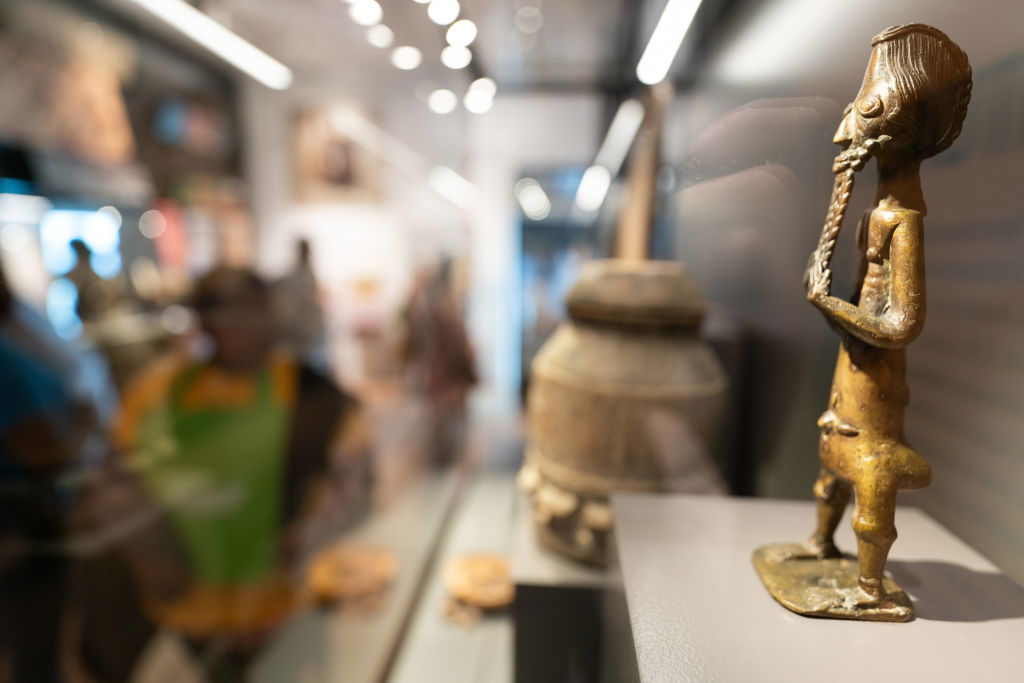
July 1, 2024
International African-American Museum Celebrates One Year Anniversary
In its opening year, the $100 million museum saw 187,657 visitors.
Charleston, South Carolina’s International African American Museum is celebrating one year in operation following 20 years of planning and development. In its opening year, the $100 million museum saw 187,657 visitors, five exhibits, and 7,148 yearly memberships.
“I think our engagement levels were far beyond what we expected,” Dr. Tanya Matthews, the museum’s president and CEO, told Live 5 News. “Of course, we wanted to open the doors and we really knew that folks were excited.”
Matthews continued, “I think as we go into the next year, we have a bit more confidence about how we can activate our space and how creative we can be in our space. We’ve learned how to activate our east and west yard with everything from upscale cocktail parties, to young designer fashion shows have been in the space with us. We use our classroom space, of which we now know we need more because apparently the grownups want to take the same classes that the young folks want to do. I think both our visitors and our members and our donors have figured out: ‘Oh my goodness, tomorrow there’s going to be something new.’
The five exhibits, which rotate, were birthed by the long incubation cycle for the museum’s opening. Matthews also told Live 5 News that she believes that the museum’s ability to adapt its storytelling will continue to appeal to visitors.
“After 20 years of planning, we had a lot of things we wanted to come out the gate with. We’re particularly excited about our newest changing traveling exhibition, Follow the North Star, because we were able to incorporate some of the stories from our genealogy center that our visitors had left with us in this exhibition. So we incorporated that into the exhibition. And I think folks have gotten really excited.” Follow the North Star exhibit, curated by James E. Bartlett, traces how Black Americans self-definitions of freedom were pursued in various ways.
“I think one of the most reinforcing conversations we’ve had with museum visitors is how inspired they feel when they’re leaving the museum,” Matthew said. “A lot of them say we understand the history and we knew we want to learn some tough, tough stories, but we never expected to leave inspired by the resilience, by the triumph.”
According to National Geographic, approximately 80 percent of Black Americans can trace at least one ancestor to the Charleston area and the museum, which is strategically placed on Gadsen’s Wharf, the largest port of entry for enslaved people from 1783-1807, is acutely aware of this history. But, as the museum’s website states it’s “a place that can now be fully explored, interrogated, and honored. Together, we can move forward.”
RELATED CONTENT: The National Museum Of African American History And Culture Acquires Charleston Slave Badges For Searchable Exhibit